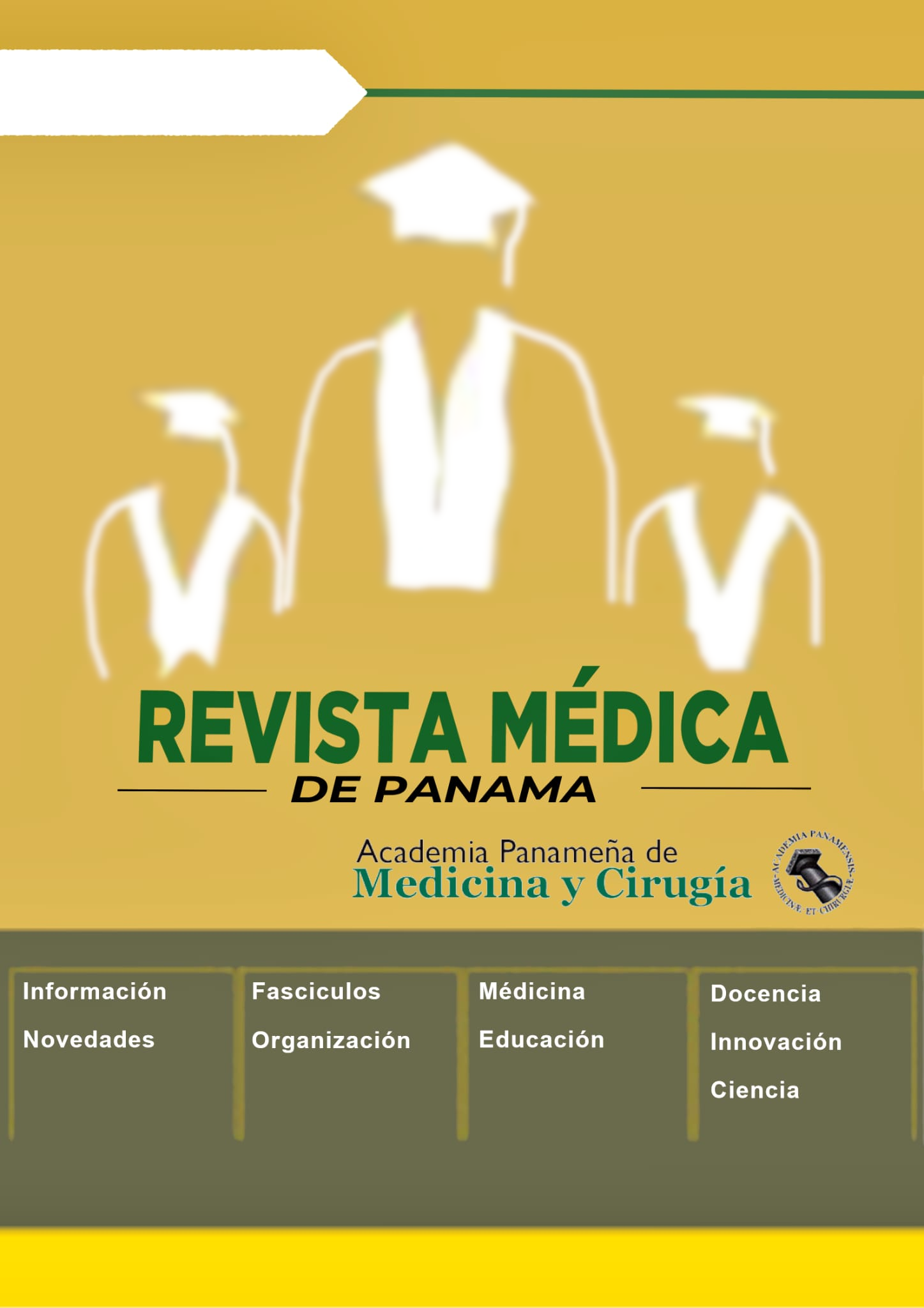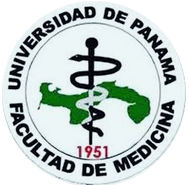Factores asociados a aceptación de profilaxis preexposición al VIH en hombres que tienen sexo con hombres de Panamá

Autores/as
DOI:
https://doi.org/10.37980/im.journal.rmdp.20252462Palabras clave:
Profilaxis preexposición, VIH, hombres que tienen sexo con hombres, aceptabilidad, estigmaResumen
Introducción: La profilaxis preexposición al VIH (PrEP) es una estrategia de prevención primaria que consiste en la administración de dos antirretrovirales combinados que han demostrado una alta efectividad para reducir el riesgo de transmisión del VIH principalmente en poblaciones claves. Materiales y método: Se realizó un estudio observacional con la aplicación de un cuestionario autodirigido sobre aspectos sociodemográficos, comportamientos sexuales y la Escala Anticipada de Estigma a la PrEP a hombres que tenían sexo con hombres (HSH) que acudían a servicios de prevención del VIH en una organización comunitaria de Panamá. Se midió la proporción de aceptabilidad a la PrEP, características sociodemográficas, conductas sexuales y el estigma asociado a PrEP. Se utilizaron pruebas de significancia estadística según el tipo de variable que se asoció a la aceptación de PrEP. Se realizó un análisis bivariado utilizando el estadístico odds ratio para medir la fuerza de asociación entre diferentes factores con la aceptación a la PrEP. Resultados: Se encontró una aceptabilidad de PrEP de 53.9%, un bajo estigma anticipado asociado a la profilaxis y factores como la edad, educación, nacionalidad y frecuencia en el uso del condón asociados a la aceptabilidad de PrEP. Conclusiones: La aceptabilidad de PrEP es similar a las estimaciones mundiales y regionales. Un bajo estigma anticipado asociado a la PrEP permitirá hacer proyecciones sobre la implementación de esta estrategia. Además, se identificaron factores relacionados a la aceptabilidad como la edad, educación, nacionalidad y frecuencia en el uso de condones que coincidieron con otros estudios realizados a nivel mundial.
Publicado
Número
Sección
Licencia
Derechos de autor 2024 Infomedic Intl.Derechos autoriales y de reproducibilidad. La Revista Médica de Panama es un ente académico, sin fines de lucro, que forma parte de la Academia Panameña de Medicina y Cirugía. Sus publicaciones son de tipo acceso gratuito de su contenido para uso individual y académico, sin restricción. Los derechos autoriales de cada artículo son retenidos por sus autores. Al Publicar en la Revista, el autor otorga Licencia permanente, exclusiva, e irrevocable a la Sociedad para la edición del manuscrito, y otorga a la empresa editorial, Infomedic International Licencia de uso de distribución, indexación y comercial exclusiva, permanente e irrevocable de su contenido y para la generación de productos y servicios derivados del mismo. En caso que el autor obtenga la licencia CC BY, el artículo y sus derivados son de libre acceso y distribución.










